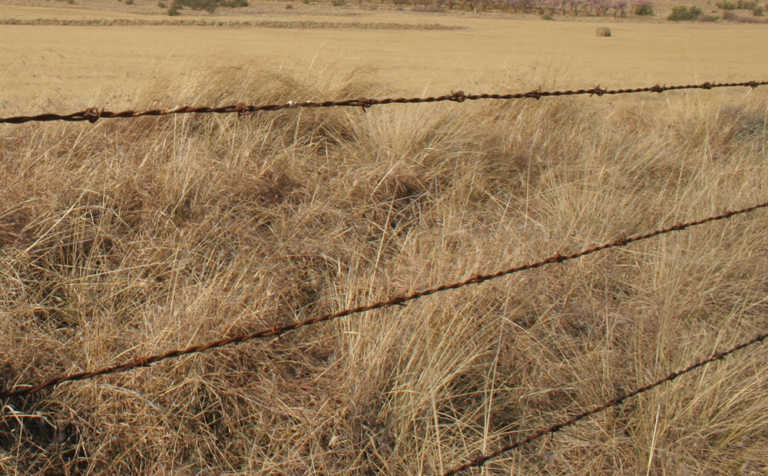
Free State Agriculture (FSA) CEO, Henk Vermeulen, said at a recent press conference that the organisation would not “defend the indefensible”.
He said the organisation would not get involved as the suspect was not a member, and that the suspect had claimed that he was not even a farmer.
He also said that although the suspect allegedly lived on the farm, Driehoek, where the Department of Labour (DOL) found seasonal contract workers living in horrific conditions during an inspection on 28 August, the man was most likely not the owner of the farm.
Vermeulen said that the belief that the suspect was a farmer had seriously damaged the reputation of farmers, and also jeopardised the safety of the farming community.
Chief Director of provincial operations for the DOL in the province, Nomfundo Douw-Jack, told Farmer’s Weekly that the case involved hundreds of people who had allegedly been lured from North West with the promise of seasonal work.
She said several of the workers appeared to be underage and had, since, been moved to places of safety. A total of 32 minors had been removed from three farms, including Driehoek in Wesselsbron, and another farm in Allanridge.
Douw-Jack said that the workers did not have ID documents, and the DOL believed the minors had been ‘trained’ to lie about their ages. She added that cases of child labour had been opened with the South African Police Service (SAPS), and the DOL would continue its own investigation in collaboration with the SAPS and the Hawks.
She said the department would also investigate other cases of labour law infringement regarding the up to 400 people who had been brought to the area since May.
These charges were expected to relate to non-compliance with legislation, including wages that were below the minimum wage, non-payment, illegal accommodation deductions, and not registering workers for UIF.
Meanwhile, Douw-Jack thanked the community and farmers in the region for offering those affected accommodation, but added that there was still an urgent need for further assistance in the form of food, clothes and blankets.
*Farmer’s Weekly is still attempting to confirm whether any arrests have been made in the case. Further updates will be available online, and in the next edition of the magazine.









